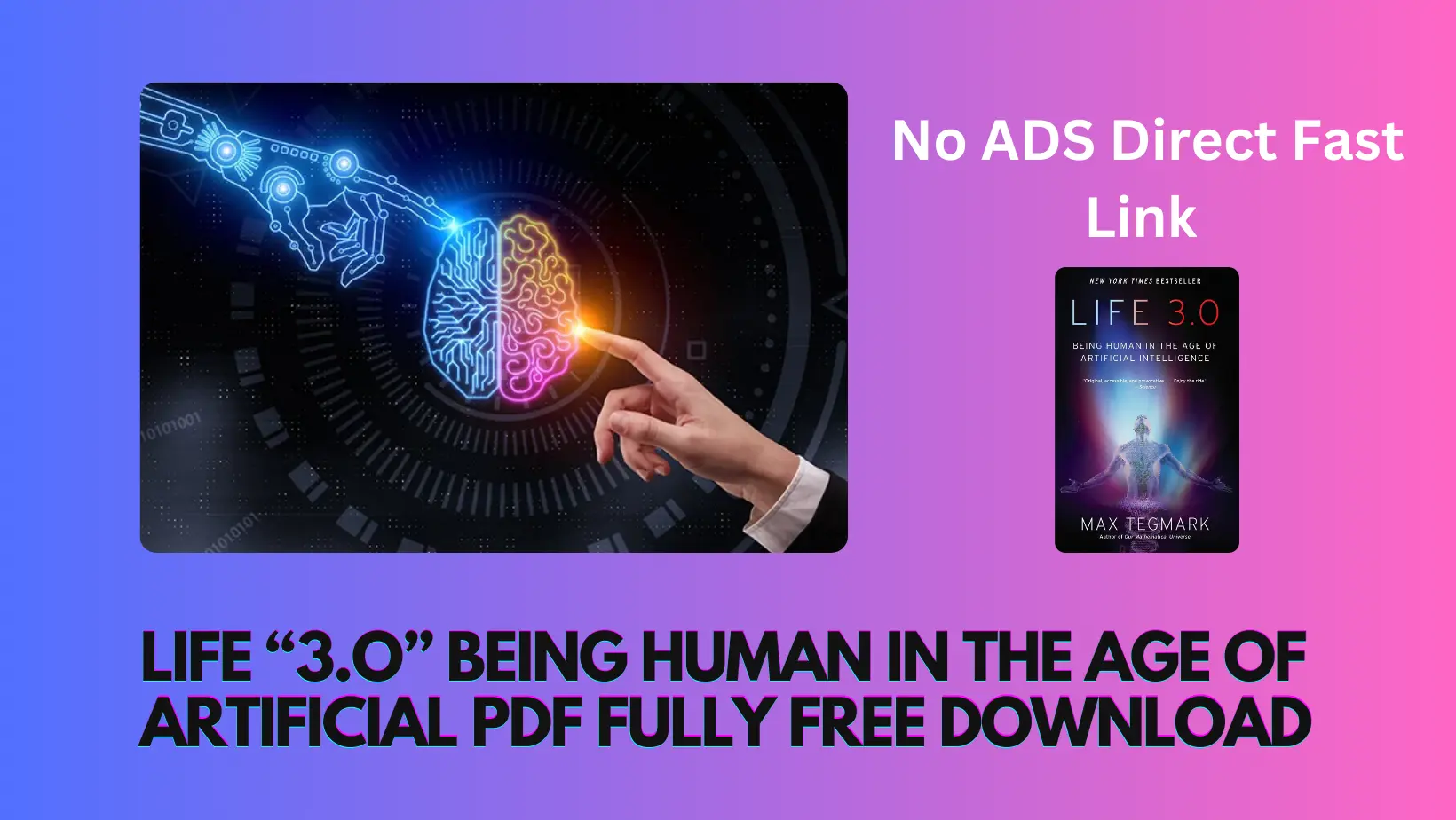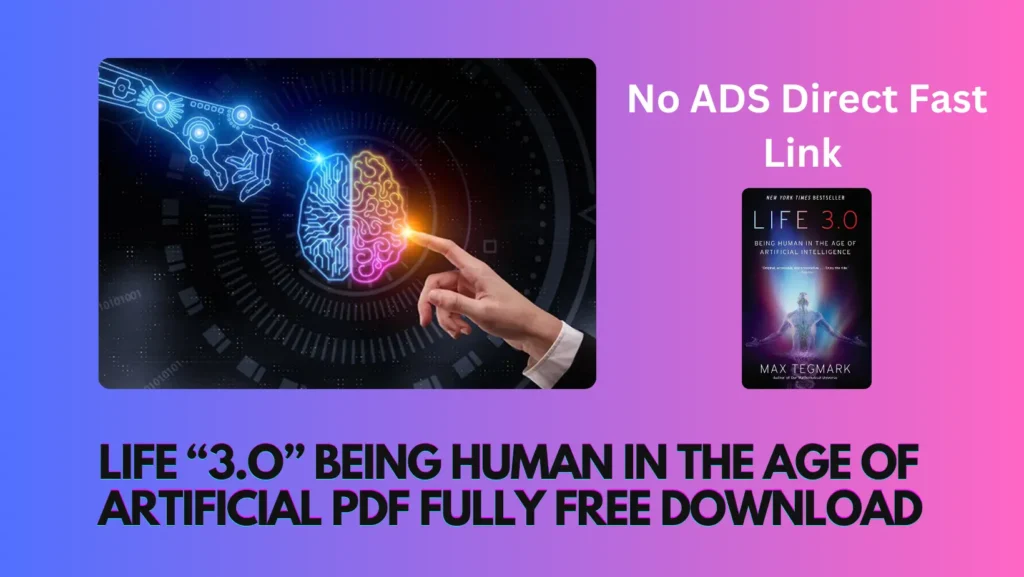
Table of Contents
Exploring Humanity’s Future with AI

Published by Max Tegmark, “Life 3.0: Being Human in the Age of Artificial Intelligence” explores the impact of AI on human life. The book was published in 2017 and looks at a world where AI has evolved to overtake human cognition and is rewriting societies and potentially, life itself.
Evolution of Intelligence: From Life 1.0 to Life 3.0
Tegmark categorizes human history into stages of development: Life 1.0, due to cultural enhancements, and Life 3.0, identified as the incorporation of technology into human life. The emphasis is on Life 3.0, where AI not only learns but redesigns itself.
The Effects of Technology on Society
The first few chapters of “Life 3.0” discuss how intelligence started and how it might progress in the future. Tegmark brings up valid questions about technological displacement, superintelligence in the military, and development of Artificial General Intelligence. Deepmind, OpenAI, and other AI successes in strategic games are examples of the increasing power of AI.

Ethical Issues and Social Responsibilities / Exploring Humanity’s Future with AI
The author analyzes various situations where artificial intelligence is a rival or collaborator of human beings. He talks about changed society, merging of man and machine, and possible scenarios including Friendly AI vs. AI Armageddon. At the core of his thesis, it is the threat posed by the divergence of AI objectives from human desires.
Broader Implications
It also touches upon broader questions in physics, consciousness, and the search for purpose in the world dominated by AI. According to Tegmark, there needs to be a conscious effort made in order to control the direction of technology for its impact to have positive repercussions on humanity.
Critical Reception
People responded to “Life 3.0” in different ways, which attracted controversial views. Acknowledging its sound idea in Nature, Stuart J. Russell notes Tegmark’s investigation of existential choices that determine humanity’s future. However, Kirkus Reviews discusses some of the solutions that Tegmark offers as optimistic to a fault.
Public Reaction
Specifically, the readers noted that the book was easy to comprehend and essential for sparking critical thinking. Science Review and The Telegraph lauded it for its thorough and global discussion about AI despite the different levels of caution. The Christian Science Monitor mentions that it sometimes raises curiosity and sometimes alarms in readers.
Influence and Recognition
Even Elon Musk, often quoted as an AI doomsday prophet, said that anyone interested in the subject should read “Life 3.0.” However, reviews such as the one by Publishers Weekly and the Library Journal criticized it for being complex for most readers even though it was significant.
Conclusion
“Life 3.0 Exploring Humanity’s Future with AI” was also pretty successful in terms of sales; it rose to the New York Times Best Seller List and was endorsed by Barack Obama. As such, its influence on the discussion of AI future around people has remained quite influential within the realms of technology and philosophy.
Reflecting on the Future
Instead of providing one view on the matter, Tegmark invites the reader to reflect and share their solutions on the Future of Life Website. This inclusive strategy, while admirable, has faced criticism for promotional tendencies.
Final Thoughts
All in all, “Life 3.0 Exploring Humanity’s Future with AI” analyzes the considerations on how AI is evolving. Tegmark creates a thought-provoking reflection on how human beings can use technologies appropriately. Thus, the book provides all the necessary material for further contemplation of utopian ideas and dystopian scenarios in the context of an ever-advancing AI society.
Chart showing why the “The 48 Laws of Human Nature” book should be downloaded
Robert Greene is famous for explaining various phenomena which are rather intricate in simple terms, as well as providing clear and accessible recommendations. :”The 48 Laws of Human Nature” does not exception either. No advice or self-help and no two cases of behavior are the same, yet, this book approachable for readers by using history, psychology, and personal experiences to share how to tweak behavior. And to whoever is in need of learning interpersonal communication skills whether be a student, a working individual, this book is very much available for you.
Improve Relationships: Gain insights about how to engage in meaningful interpersonal relationships more effectively and/or with people with mental illness less negatively.
